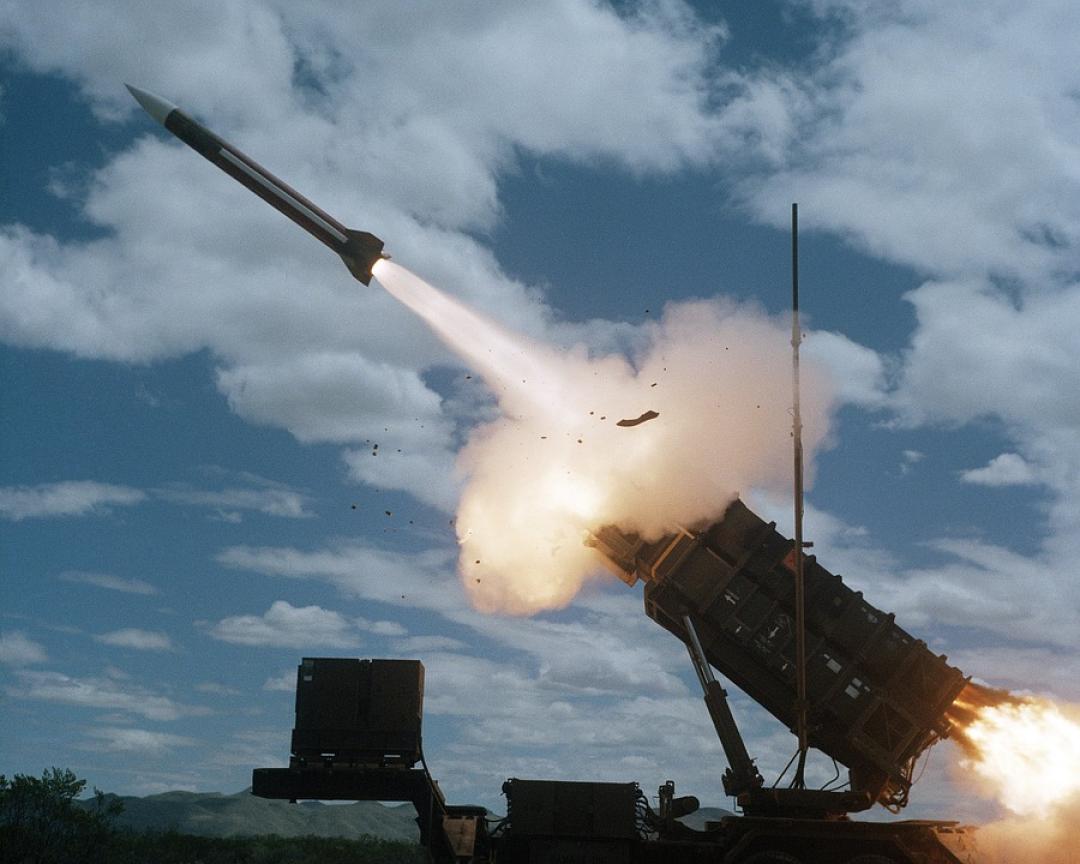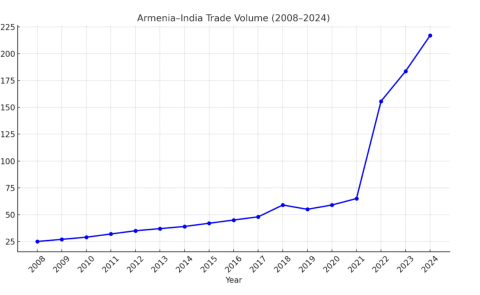
Heat in South Caucasus

Two regional adversaries, Armenia and Azerbaijan, were involved in significant fighting early on September 13. The long-simmering dispute between the two historically antagonistic countries took an unprecedented level when Azerbaijan bombed multiple cities deep within Armenia. Since the Second Nagorno-Karabakh War, which resulted in Armenia's defeat and the return of the majority of the territory it had occupied forcibly following the first war in the 1990s, there have been numerous escalations. However, the current one is exceptional because it targeted a region that is neither a part of Nagorno-Karabakh nor within its neighboring borders.
Armenia’s leadership confirmed the killing of more than 200 Armenian servicemen. Yerevan has even officially approached the Collective Security Treaty Organization (CSTO), the Russia-led military grouping, for help. Moscow has intervened, brokering a temporary ceasefire. Parallel to this, a flurry of diplomatic activity began between the Western powers and the two South Caucasus republics. The US special representative for the Caucasus as well as the EU envoy for the region made urgent visits to Baku and Yerevan.
Yerevan invoked Article 4 of the organization's charter for the first time, and it was anticipated that Moscow would respond by calling urgent meetings and maybe issuing a stern warning to Baku. However, the organization only followed through on its commitment to send a fact-checking delegation to Armenia, which sparked outrage in Yerevan.
Azerbaijan's assault is intimately tied to the regional power dynamic, which has heavily tilted in Baku's favor since the 2020 war. Azerbaijan's military capacity was far greater than Armenia's thanks to gas and oil revenues.
But more immediately, Azerbaijan sought to fill a geopolitical void in the South Caucasus caused by Russia's focus on Ukraine. Russia has continued to be a significant player in the South Caucasus, stationing about 2000 peacekeeping soldiers in Nagorno-Karabakh. However, the conflict in Ukraine and, most importantly, recent victories by Ukrainian forces in the Kharkiv region may have further pushed Baku to use power to impose its will on Yerevan, namely, to achieve a peace agreement where both sides would ideally agree to recognize each other's territorial integrity.
The EU's increased interest in Azerbaijan as a gas and oil exporter amid the energy crisis is another factor contributing to Baku's push. Additionally, Azerbaijan is a nodal state on the developing Middle Corridor, which connects Turkey with Azerbaijan and Central Asia via Georgia. A different land route from the EU to China and Central Asia is required. Azerbaijan is also critical to both Russia and Iran since it connects the two countries with Russian ports via the International North-South Transport Corridor (INSTC). In the context of the sanctions imposed on Russia and the development of the Middle Corridor, Moscow needs Baku.
Additionally, Baku would also be at ease with Moscow. The enlarged cooperation deal inked in February, right before Russia attacked Ukraine, broadens bilateral collaboration, helps Baku keep Moscow at bay in some ways, and allows for the easing of Russia's vulnerabilities in the South Caucasus. Though Baku might be miscalculating Russia’s benevolence and preoccupation with Ukraine, it should be noted that Azerbaijan has excellent relations with CSTO member states. Ties with Kazakhstan and Belarus are expanding, and though Russia is a decisive actor in this grouping, the resistance from Kazakhstan and Belarus might not be easy to overcome.
The latest violence between Armenia and Azerbaijan can potentially be advantageous for Russia. It is important to note that it took place immediately after another meeting between the leaders of Armenia and Azerbaijan in Brussels in August, which Moscow views as undermining its own position in the region. The September 13 fighting proves, or so Moscow thinks, that the EU is losing momentum. Indeed, in 2022 meetings between the leaders of Armenia and Azerbaijan took place only under EU auspices, which could hardly have maintained Moscow's comfort.
Moscow gains another powerful tool as a result of the fighting between Armenia and Azerbaijan. It could now persuasively argue how important it is for its peacekeepers to stay in Nagorno-Karabakh beyond 2025, when the first term ends. Armenia will surely embrace the idea of Russians staying, and Azerbaijan will be less happy, but is unlikely to oppose Moscow.
Another perspective is that the renewed hostilities simply show how Russia's peace efforts, or the lack of them, are not a recipe for lasting peace. Russia is a major power in the South Caucasus, but increasingly so without prestige, and now, with defeats in Ukraine, increasingly with weakened military. Azerbaijan is likely to continue testing the Kremlin’s willingness to provide support for Armenia in the future.
It is this intersection of a number of factors that facilitated Azerbaijan’s attack on Armenia. Baku is pressing with the advantage it has held since 2020 and pushing Yerevan to agree to its demands regarding Nagorno-Karabakh. The peace agreement, indeed, might become more realistic, but it will not be satisfactory for Armenia either. No less important is the shift in public perception in Armenia regarding the alliance with Russia. Though Yerevan has little room to find alternative security guarantors, increasingly the pressure on the government to reconsider the elements of the relationship with Moscow will mount.
Emil Avdaliani is a professor at European University and the Director of Middle East Studies at the Georgian think-tank, Geocase.
See Also


Armenia and India: Building New Bridges in Trade and Strategy

Between Tehran and Tel Aviv: Azerbaijan’s Neutrality Dilemma Amid Rising U.S.-Israel Tensions with Iran

From Neorealism to Neoliberalism: Armenia’s Strategic Pivot in Foreign Policy After the Nagorno-Karabakh Conflict

Georgia and Russia: New Turn in Bilateral Relations

